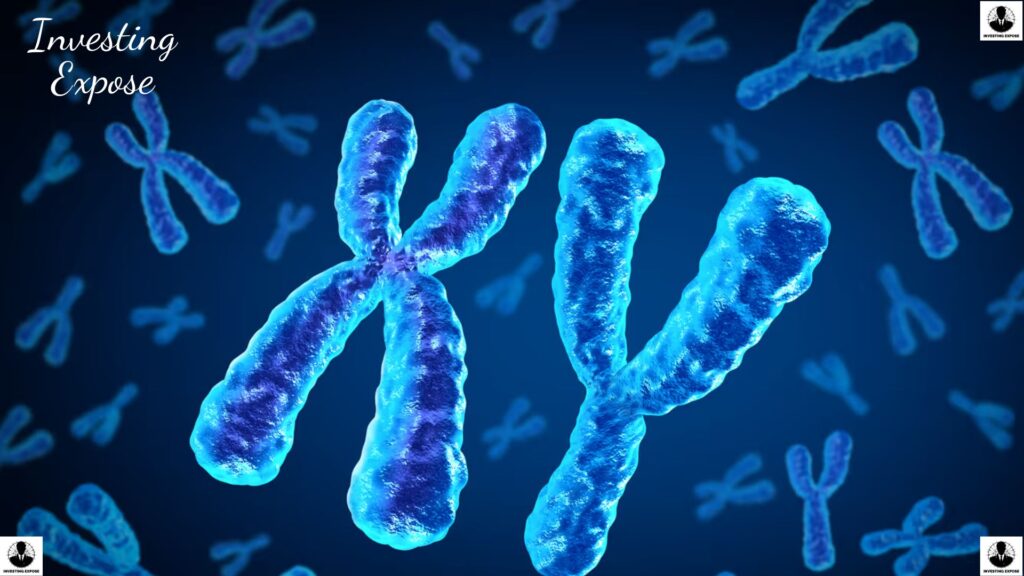Y chromosomes , which decides the sexual genotype of male human beings and many other mammals. The Y chromosome has been reduced in size and has fewer genes than Autosome over years of evolution because it do not recombine with any corresponding chromosome during Gametogenesis. This situation is not only seen in humans but in other mammals too including the spiny rats, which have actually bid the Y chromosome farewell.
The study is to propose a “sex gene war”, an imperialism between the chromosomes that is to undergo sex-determining genes. This battle of the sexes has been so acute that in species such as spiny rats, for example, the Y chromosome is no longer present at all and these animals are desperately seeking for a different way of determining what is a male and what is a female. This flexibility is evident in spiny rats where they do not have the XY system of sex determination as is found in most mammalian animals.
Y Chromosomes Are shrinking
A new study shows that the Y chromosome that makes most mammals male including humans, is gradually becoming smaller than the X chromosome. This is seen during the demasculinization of such species such as the Spiny rats, which reduced their Y chromosome hence changing the form of sex determination. It stresses on a gene battle raging between the sexes, particularly, the Y chromosome the male chromosome continue to fight to remain intact.
This does not mean that the Y chromosome has no role in these fights, on the contrary – increased mutation and loss of irrelevant parts of the genome contributes further toward total disappearance of the Y chromosome in some species. The investigation to specific genes and phenotype give knowledge on how sex chromosomes develop and respond to selective forces.
The study also goes further in analysing how certain mammals have offset the diminishing size of Y chromosome. For instance, spiny rats having evolved various difference ways of genetic sexing are profound evolutionary beings. This finding poses several questions concerning the ways through which sex has been identified in mammals, including human beings as well as the genetic variation or evolution over 10 million years. According to researchers, the same is happening with the human Y chromosome; however, the pace at which this is happening is very slow and therefore men or male offspring will never run out soon. This research that is continuous is important so as to decipher the flow of sex chromosomes and their impacts towards evolution.
The researchers’ aforesaid that the Y chromosome is different from other chromosomes since it is transmitted only by males and the only replicative form of the Y chromosome does not engage in recombination with a homologous Y chromosome. This lack of recombination means that negative Y-chromosome mutations are hardly eliminated, and hence the gradual loss of genes. In this process the Y chromosome is the one that ends up being most susceptible to degeneration. This process is called genetic erosion, where, due to the accumulation of mutations and deletion of the needless genes, this process speeds up.
Notably, some mammals have totally expelled the Y chromosome , however, this chromosome still exists and functions in human and other mammals though in a minimized form. The human Y chromosome, however mainly, from its emergence has undergone a process of drastic reduction but has been able to do so due to the fact that it harbours certain genes that are most essential to male procreation and existence. The research shows that although Y chromosome is degenerating, it will not be lost total within human beings. The rate of shrinkage is small and it is almost certain that evolution has placed safeguards in order to prevent vital organismal functions from being lost.
This work emphasises on the multi fallored nature of sex chromosome evolution and questions the further survival of sex determination in mammals. Could other species also do the ‘spiny rat’ as indicated in the following section? Or will the Y chromosome gradually become outnumbered and marginalized or there is a way and hope for it to carry on? Although human Y chromosome must survive for several more millennia, this research has plugged new direction in the field of genetics and evolution, sex determination and chromosome adaptability.
Thank you for visiting Investingexpose.com! We’re glad you explored our insights and analyses. If you have any questions or need further information, feel free to reach out. We look forward to helping you navigate the world of investing y chromosomes !

